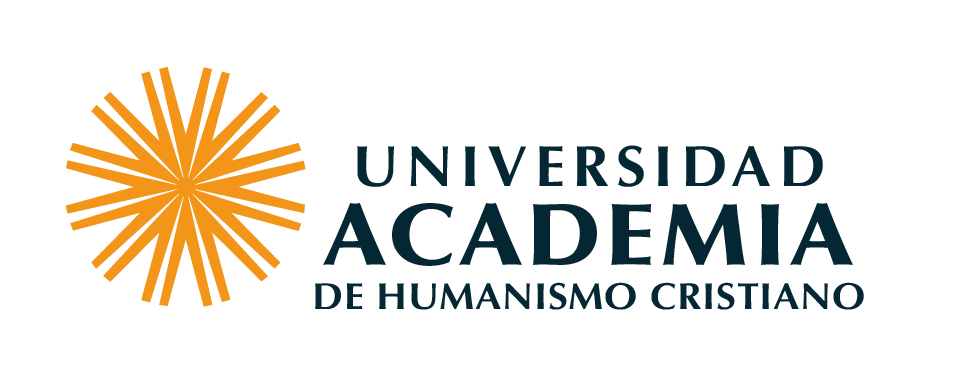Diretrizes para a gestão metropolitana no Brasil / Ronaldo Guimaraes Gouvea.
Material type: ArticlePublication details: Pontificia Universidad Católica de Chile 2009 Santiago, ChileDescription: p. 47-76Subject(s):
In:
EURESummary: Brazilian Metropolitan Regions lack the institutionalized arrangements for the formulation, implementation and control of public policies involving multiple municipalities, particularly policies with strategic elements that cannot be resolved within municipal boundaries, such as urban development, transport and environment. This paper researches the possibilities for creating a metropolitan municipality, understood as a specific urban reality that is distinct from the traditional municipality and the spatial fragmentation of mega municipalities which, given their political and economic importance, have exercised a disaggregating role in the metropolitan space. These possibilities are understood as interventions that, in spite of their political and technical complexities and their difficult implementation, can contribute to resolving two of the principal obstacles to Brazilian metropolitan management: a rigid and monolithic perception of municipal autonomy - a perception that is still widely promoted in the country - and asymmetry in power relations generated by the existence of mega municipalities in almost all the Metropolitan Regions.
ArticlePublication details: Pontificia Universidad Católica de Chile 2009 Santiago, ChileDescription: p. 47-76Subject(s):
In:
EURESummary: Brazilian Metropolitan Regions lack the institutionalized arrangements for the formulation, implementation and control of public policies involving multiple municipalities, particularly policies with strategic elements that cannot be resolved within municipal boundaries, such as urban development, transport and environment. This paper researches the possibilities for creating a metropolitan municipality, understood as a specific urban reality that is distinct from the traditional municipality and the spatial fragmentation of mega municipalities which, given their political and economic importance, have exercised a disaggregating role in the metropolitan space. These possibilities are understood as interventions that, in spite of their political and technical complexities and their difficult implementation, can contribute to resolving two of the principal obstacles to Brazilian metropolitan management: a rigid and monolithic perception of municipal autonomy - a perception that is still widely promoted in the country - and asymmetry in power relations generated by the existence of mega municipalities in almost all the Metropolitan Regions.
| Item type | Current library | Collection | Call number | Copy number | Status | Date due | Barcode | |
|---|---|---|---|---|---|---|---|---|
| Analítica de revista | Biblioteca Central Colección General | General | EURE-104/09 (Browse shelf(Opens below)) | 1 | Available | FICTICIO3543 |
Browsing Biblioteca Central shelves, Shelving location: Colección General Close shelf browser (Hides shelf browser)
| No cover image available | No cover image available | No cover image available | No cover image available | No cover image available | No cover image available | No cover image available | ||
| EUFONIA-57/13 Entrevista a Jos Wuytack / | EUR. POLIT. SCIENCE REVIEW-01/09 European political science review / | EURE-104/09 Los tres Méxicos : | EURE-104/09 Diretrizes para a gestão metropolitana no Brasil / | EURE-104/09 Dispersión y nuevos desafíos para la gobernanza (metropolitana) en América Latina : | EURE-104/09 La gobernabilidad metropolitana de Santiago : | EURE-104/09 Estrategias territoriales recientes en Venezuela : |
En: EURE (Santiago), abril. 2009, vol.35, no.104, p. 47-76. ISSN 0250-7161.
MARQUEZ, Francisca. Imaginarios urbanos en el Gran Santiago: huellas de una metamorfosis. EURE (Santiago), ago. 2007, vol.33, no.99, p.79-88. ISSN 0250-7161.
Brazilian Metropolitan Regions lack the institutionalized arrangements for the formulation, implementation and control of public policies involving multiple municipalities, particularly policies with strategic elements that cannot be resolved within municipal boundaries, such as urban development, transport and environment. This paper researches the possibilities for creating a metropolitan municipality, understood as a specific urban reality that is distinct from the traditional municipality and the spatial fragmentation of mega municipalities which, given their political and economic importance, have exercised a disaggregating role in the metropolitan space. These possibilities are understood as interventions that, in spite of their political and technical complexities and their difficult implementation, can contribute to resolving two of the principal obstacles to Brazilian metropolitan management: a rigid and monolithic perception of municipal autonomy - a perception that is still widely promoted in the country - and asymmetry in power relations generated by the existence of mega municipalities in almost all the Metropolitan Regions.
There are no comments on this title.
